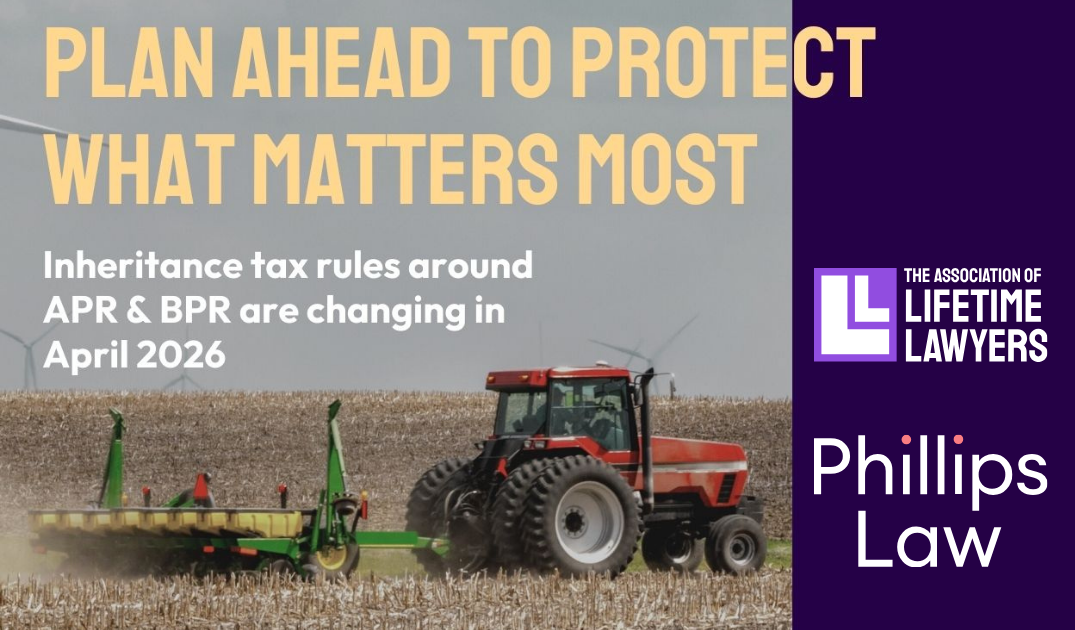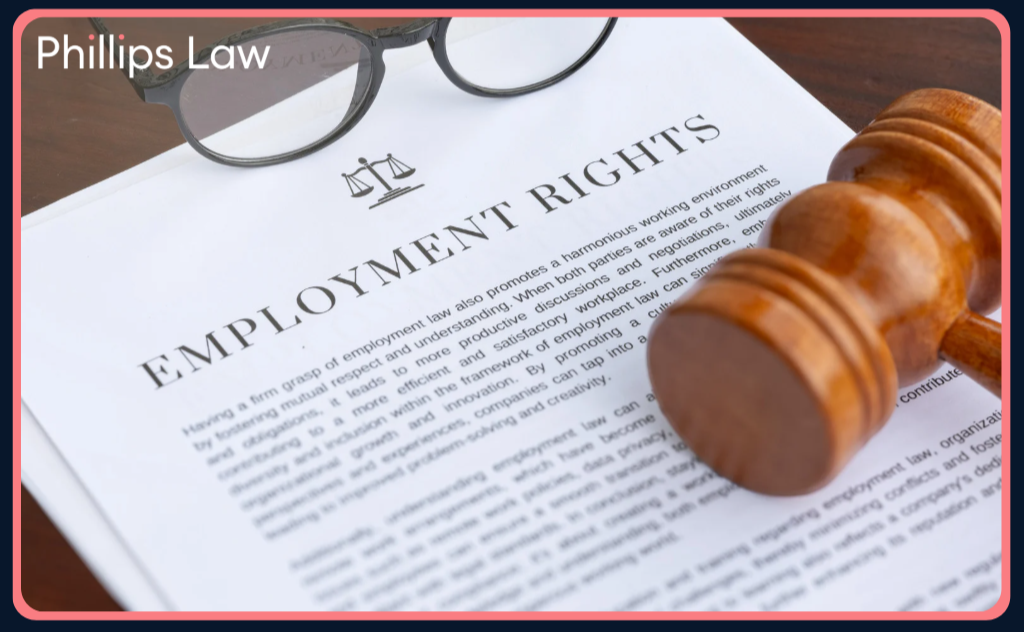
10 June 2020
Many people ask for how long a separation agreement is valid? The starting point is the purpose of the agreement which generally is when two people separate and if the separation is to be or becomes permanent, they are able to agree in advance what will happen on a divorce settlement.
This is often useful when neither party has grounds for a divorce such as adultery or behaviour and they intend to use the grounds of two years separation and there after a divorce by consent.
It may be that with the government’s proposed changes to divorce legislation (reducing the time to six months) separation agreements will become more rare but for now they usually cover the two year gap and can be used to regulate not only arrangements for children (where necessary) but most importantly the finances.
Disadvantages of a separation agreement
A disadvantage is that a separation agreement cannot share or divide pensions and now that pensions are a more common financial investment, it may be that for many people a separation agreement does not do the job. But of course, it can be agreed that in the event of a divorce, pensions will be divided equally either by way of capital or by way of equality of income.
What is a legal separation?
Many people also ask what is a legal separation to which my response is that you cannot have an illegal separation, but a legal separation is where the separation has been independently documented and ideally the terms of the separation have been recorded in a written separation agreement.
Financial disclosure
It is fundamental to any agreement that proper financial disclosure has taken place because although the parties may have both taken independent legal advice, a separation agreement is subject to the approval of the divorce court before it is absolutely final and binding.
Therefore, it follows that if there is a substantial change between the signing of the agreement and the lodging of an agreed order with a divorce court, a judge may still say the agreement is not approved because it is not fair. However, if both sides have taken independent legal advice and there has been proper disclosure this would be the exception to the rule.
Agreements can also be used by unmarried people to regulate the arrangements for their children and financial and property arrangements, although presently there is no provision for pensions to be shared between partners who are not married or in a civil partnership.
We Are Here To Help
If you would like to discuss this or any other family legal matters, please do not hesitate to get in touch with Howard Gardener who is a Solicitor working in the Family Law team at Phillips Solicitors incorporating Brain Chase Coles by calling 01256 854632 or by emailing [email protected]
Alternatively click here to go to our contact page.
During these difficult times our Town Gate office in Basingstoke is temporarily closed to visitors unless by prior appointment when meeting in person is essential. However, thanks to our lawyers being able to work remotely, Phillips remains fully open for business and can discuss your legal matters by telephone and video conference.
Disclaimer
This article is current at the date of publication set out above and is for reference purposes only. It does not constitute legal advice and should not be relied on as such. Specific legal advice about your specific circumstances should always be sought separately before taking any action.
Contact Us
Please call us or email and we’ll get back to you as soon as possible.

We are delighted to announce that Phillips Law is the regional sponsor of the Knight Frank Schools Triathlon, supporting both the Charterhouse and Marlborough events. The Schools Triath ...
More
What farming families and business owners need to know If you own a farm, land, or a family business, you will have undoubtedly heard that inheritance tax (IHT) rules are changing. Whil ...
More
We are about to see a great wave of Employment Law changes following the Employment Rights Act 2025 becoming law in December. We will use these updates to keep you abreast of the change ...
More
As we look back on a busy and notable January at Phillips Law, we wanted to share a round-up of recent milestones, insights, and community moments from across the firm. Phillips Law cel ...
More
A guide to share incentivisation for employers and an update on the new employment rights. We have created a morning of practical insight that focuses on how you can reward and retain y ...
More
We are proud to announce Victoria’s Promise as Phillips Law’s Charity of the Year for 2026. Victoria’s Promise is a local charity providing dedicated support to young women aged 25 to 5 ...
More